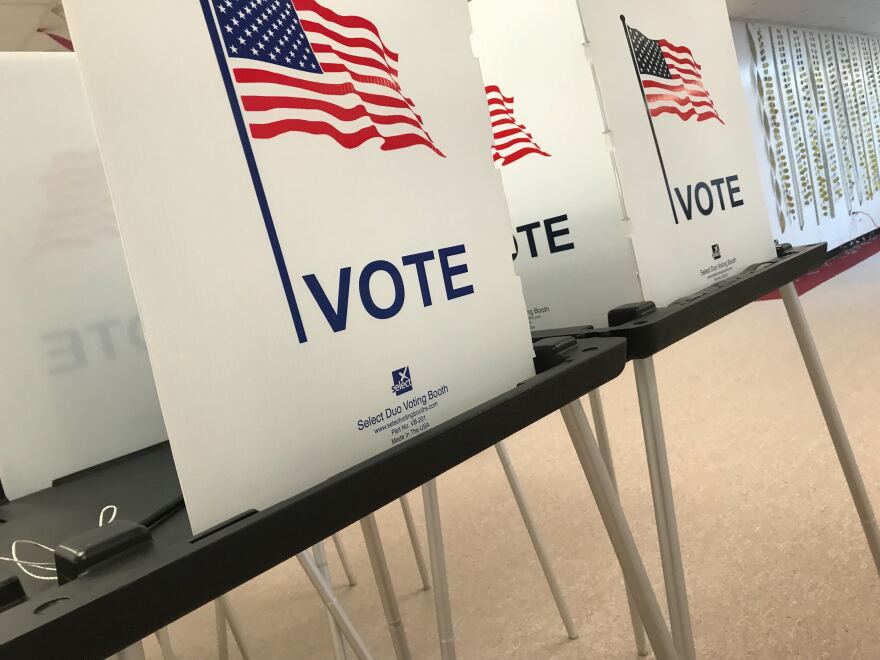Michigan is abuzz after yesterday's eventful primary. The race for the Republican gubernatorial candidate drew a lot of attention, ending with newcomer Tudor Dixon clinching the nomination.
Looking ahead to the general election, however, Dixon has a tough set of obstacles. That's the assessment of independent pollster Richard Czuba with Glengariff Group.
"She polled at 40%, so she has work to do in uniting the party," Czuba explained. Fellow GOP candidate Ryan Kelley's refusal to concede, he added, is further evidence of how fractured Michigan Republicans are.
Czuba said he believes the Dixon campaign made a mistake by not defining who she was early on. Such a gap in the narrative could give Democrats the opportunity to outspend the Republicans early on, driving Republican money into other states with closer races.
"She has about 30 days, maybe a month to unite the party," Czuba explained. "Because, as these national groups look at where to place their money, there's a whole lot better options right now than the state of Michigan."
And money is going to be a challenge for the newly-minted GOP candidate. While Governor Gretchen Whitmer and the Democratic Governors Association have raised millions of dollars for the gubernatorial race, Dixon has raised far less money, and Czuba said she has spent most of it already.
Another struggle Dixon faces is drawing in independent voters, which is more difficult given her stances on divisive subjects like abortion. Dixon supports the state's 1931 abortion ban — currently blocked by a temporary court order — and does not support an exception for rape or incest.
"The middle decides Michigan," Czuba said. "And what we know from our polling is that, for example, on the issue of Roe v. Wade, 71% of these independent voters say 'leave it in place.'"
The gubernatorial race was not the only interesting story coming out of the primary. In Michigan's 3rd Congressional District, incumbent Peter Meijer was unseated by Trump-endorsed candidate John Gibbs.
Meijer was just days into his first term when rioters stormed the U.S. Capitol.
“Peter Meijer was very vocal about that and what he saw that day in the capitol, and then he voted to impeach Donald Trump following that," said Dustin Dwyer, Michigan Radio reporter and producer.
And like other Republicans who did so, Meijer paid a price for his vote.
That sets up an interesting race for this November, when Gibbs will face off against Democratic opponent Hillary Scholten. The Democratic Congressional Campaign Committee had already weighed into the race during the GOP primary when it ran an ad ostensibly criticizing John Gibbs as being too extreme for the 3rd District. But many experts say the ad was intended to actually boost support for Gibbs because Democrats think Scholten might have a better chance against him in the general election. We won't know how that strategy played out for Democrats until November.
GUESTS:
Rich Czuba, CEO and founder, the Glengariff Group
Rick Pluta, capitol bureau chief for the Michigan Public Radio Network
Dustin Dwyer, reporter and producer, Michigan Radio
______________
Looking for more conversations from Stateside? Right this way.
If you like what you hear on the pod, consider supporting our work.
Music in this episode is by Blue Dot Sessions.
EDITOR'S NOTE: A previous version of this post wrongly identified Richard Czuba as a Republican pollster. Czuba is an independent pollster and he does not work directly with political campaigns.











